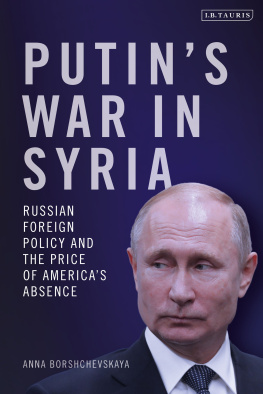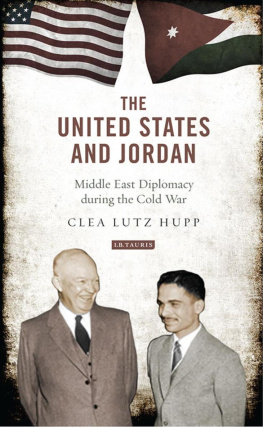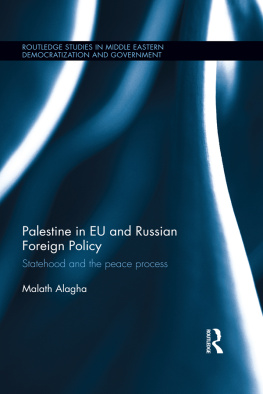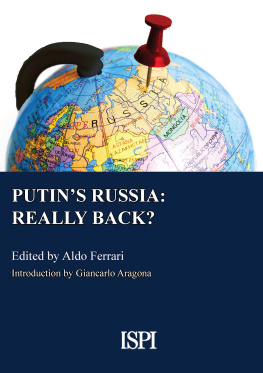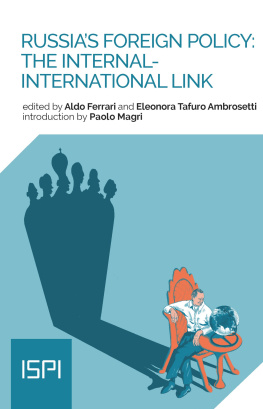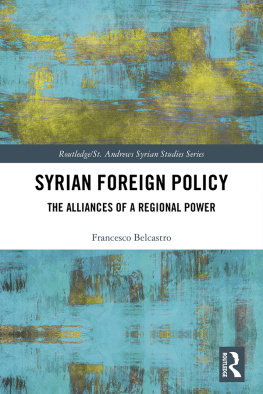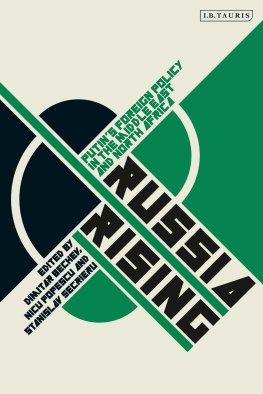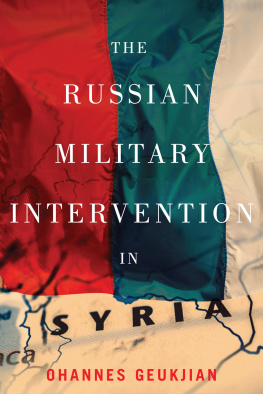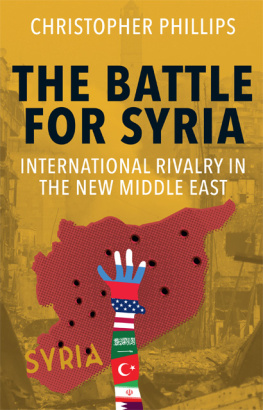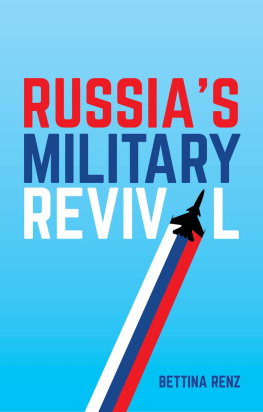Preface and Acknowledgments
From the moment I began studying the Middle East in the early 2000s, I saw many issues that overlapped with Russia. Later, in the summer of 2008, I spent three months in Syria as a graduate student studying Arabic; Syria, like no other country I had visited, felt Soviet to me, and I had experienced the Soviet Union firsthand as a child. You could feel the fear permeating the air in Syria when you walked down the street, while pictures of Bashar al-Assad looked down at the people; you could see the stagnation, dysfunction, corruption, and the growing dissatisfaction, especially among the youth. Syrians often expressed respect towards the Soviet Union if I mentioned that I was born in Russia; unsurprisigly, they did not do the same about the United States, at least not in public, when they learned I was American. Several years later, when protests broke out in Syria in March 2011, I could not say I was entirely surprised.
When I began writing about Russias Middle East policy, it was an under-studied topic. Since the fall of the Soviet Union, Russias relationship with Europe (both Eastern and Western) has received primary attention; few focused in detail on Russias relationship with the East. Putins intervention in Syria took many by surprise and highlighted this gap. Increasingly, scholars and analysts are devoting their attention to it. I hope this book contributes to a better understanding not only of the intervention and Russias overall Middle East policy, but also what it means more broadly about Russia, its relationship with the West, as well as with itself. As more information comes to light about the Syrian intervention in the coming the years, I hope research and discussion of Russia in the Middle East will conintue to improve.
I am especially grateful to professor Mark N. Katz, who has followed the Kremlins Middle East policy for decades, and whose knowledge and experience, as well as his reading of earlier draft chapters has been invaluable in helping me write this book. I am also especially grateful to the Washington Institute for Near East Policy, which has provided me with the opportunity to research and write on Russia in the Middle East at a time when few were paying attention to this topic, and for continued support of my work. Parts of this book are drawn from my earlier analysis, and to that end I am grateful to the Institutes Executive Director, Rob Satloff, and Research Director, Patrick Clawson.
I am also grateful to my colleagues, including Andrew Tabler, whom I first met when I travelled to Syria, for his knowledge of the country, and for reviewing several draft chapters; to Bilal Wahab, Hanin Ghaddar, and Philip Smyth for conversations about the region and US policy as they pertained to this book.
I also would like to thank an anonymous US military source for reviewing another chapter, as well as Miriam Lanskoy and Stephen Blank for conversations about Russia and support of this project. I am also thankful to my publisher and editor, Tomasz Hoskins, for his insightful edits; Andrew Devine, whose copy edits further improved the manuscript, to project manager Merv Honeywood for his patience and flexibility during the production process, and to John Silvester for indexing the book.
I would also like to thank Professor Michael Mandelbaum and Anne Mandlebuam for years of mentorship and friendship, and my family for their support. Of course any mistakes are my own.
Introduction
The Assad family ruled Syria for decades in one of the worlds most repressive dictatorships. Then the so-called Arab spring protest spread throughout the Arab world starting in early 2010. In Syria these initially peaceful protests broke out throughout the country in March 2011 demanding government reform. Bashar al-Assad responded with violence and repression. As events unfolded over the coming years, many have described it as Syrias civil war. But that description obfuscates an incredibly complex reality. The sheer multitude of actors that have become involved in Syria makes it impossible to find an analogue in the recent history of conflicts. Even the 19925 Bosnian war with its ethnic cleansing had fewer actors involved. On top of the backdrop of civil war, the Assad regime unleashed ethnic cleansing against his own Sunni population. Syria became a haven for terrorists and a source of massive refugee flows into Europea bleeding wound that Western officials could ill afford to ignore. But counter-intuitively, this situation increased hesitation about any major military involvement. Syria also turned into a cynical great-power playgroundit has emerged as the great example of Iranian determination to dominate the region, a litmus test for Turkeys shifting priorities, and perhaps the most important space in which Russias great-power ambitions compete with the West.
The focus of this book is the latter, on Russias role in Syria, and how the Middle East fits into broader Russian foreign policy. It is about how the Russian intervention in Syria changed the tide of the war in the context of Western ambivalence, and the tragedy that American absence brought about. It is also about how Putins Russia constructed its relationships in the Middle East and leveraged them to support its Syria intervention. Putin has learned certain key lessons from the recent pastincluding from the Soviet experience in Afghanistan to conduct a very different and much more successful campaign in Syriaa campaign which, from a military perspective, will likely serve as a guide for future Russian operations. This book is, thus, also about the Kremlins lessons learned from Syria. Lastly, it is about how the West sees Russia, and what it gets wrong.
Another Afghanistan?
On September 30, 2015 the Russian military intervened in Syria to prop up Assad. Moscow had been supporting Assad in previous years in multiple ways, but Vladimir Putin raised the stakes to the next level by bringing in the military, a move that took the West by surprise. Why would Putin do this? After all, the Russian economy had been in a downward spiral for years. Moscow was already involved in a conflict of its own making in Ukraine after Putin illegally annexed Crimea. Moreover, Syria does not border Russia. Unlike Ukraine, Syria lies outside the former Soviet Union, that is, outside what Moscow still considers its privileged sphere of influence. Why does Syria matter to the Kremlin so much that it risks fighting a two-front war it seems unable to sustain? Indeed, the last time Moscow undertook an explicit military intervention outside the (now former) Soviet Union was in Afghanistan in 1979, a costly intervention that, according to conventional wisdom, contributed to the Soviet Unions eventual unraveling.
And indeed the ghosts of Afghanistan appeared as soon as Putins Syria intervention began, both in Russia and in the West. Many misjudged Russias intervention. A number of Russian and Western analysts predicted that Russias entry into the Syrian crisis would cause Russia to overreach, put the state into a situation of a quagmire, similar to the Soviet experience in Afghanistan. Three days after Moscows 2015 Syria intervention, then-US president Barak Obama said, An attempt by Russia and Iran to prop up Assad and try to pacify the population is just going to get them stuck in a quagmire and it wont work.
Yet at the time of writing, more than five long years after the intervention, Putin has been able to achieve many of his key objectives in Syria without incurring crippling costsin what turned into the longest overt Russian military engagement abroad since the Afghan war. As far as Putin is concerned, an erosion of a US-led global order is a step closer with Assads victory in Syria. Assad, who unleashed one of the worst humanitarian tragedies since World War II, remains in power, while what is left of the opposition is weak and demoralized. Assad faces many problems of his own but is increasingly looking at acceptance from Middle East leaders, while Western leaders are largely absent from the ongoing Syria tragedy. As a matter of perception, Putin officially returned Russia to the Middle East as a great power and as a mediator that can talk to all sides. When he brought the Russian military into the Syrian theater, he forced the West into dialogue on his terms. Syria now is the one arena where the West

